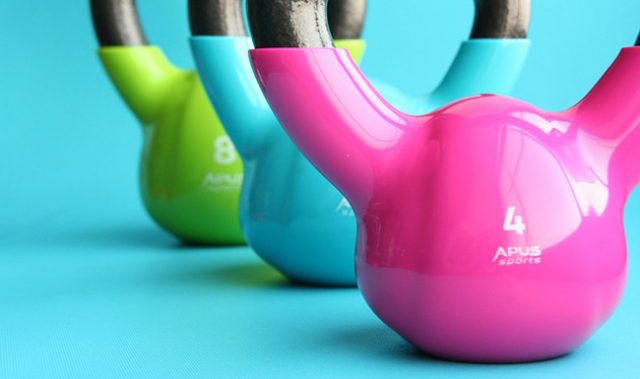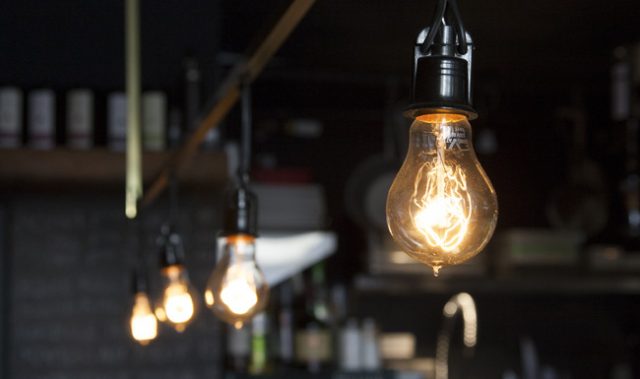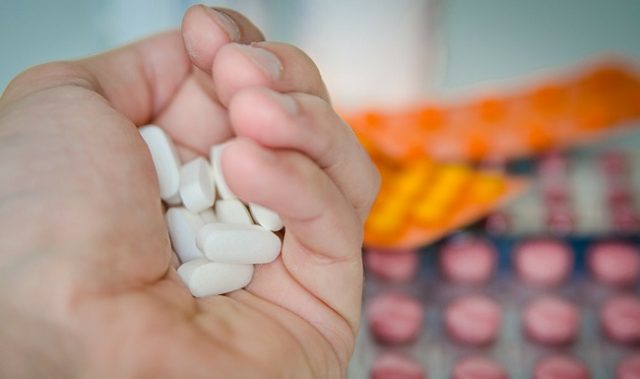
Asian Scientist (Aug. 13, 2013) – Heart attack survivors who live alone and people exposed to extreme stress from events such as natural disasters or sporting events are at greater risk of heart attack, according to a new study in Australia.
The study, presented at a Cardiac Society of Australia and New Zealand conference last week, also found that sudden emotional stress, such as the death of a loved one, may trigger heart attacks. This condition, termed sudden cardiac death or stress cardiomyopathy, is also commonly known as broken heart syndrome.
However, the study also busted one popular myth: that chronic job stress sharply increases the likelihood of having a heart attack.
“Contrary to popular belief, the effect of job stress on heart disease is limited,” said study lead author Nick Glozier.
“This is good news – our jobs are not necessarily killing us. If anything, what we really need to focus on is what we can control; that is, standard heart disease risks such as higher blood pressure and smoking, tackled through better workplace programs.”
The researchers pointed out that our concern should be for heart attack survivors living alone.
“Social isolation and lack of quality support can lead to another attack in situations where no friends of relatives would be aware until it’s too late,” said Glozier.
“Measures to reduce social isolation among heart attack survivors could have positive psychological effects but we don’t yet know if they improve heart disease outcomes.”
The study also found the potential for increased cardiovascular risk among populations exposed to natural disasters and other conditions of extreme stress, such as tense sporting events.
In the 1996 European football championship quarter-final in which the Netherlands narrowly lost to France, Dutch men had an increased risk of death from heart attack or stroke.
Similarly, in the 60 days after the September 11 terrorist attacks in 2001, there was a 49 percent increase in heart attack patients admitted to New York hospitals, compared with the 60 days before the attacks.
——
Source: University of Sydney; Photo: drewzhrodague/Flickr/CC.
Disclaimer: This article does not necessarily reflect the views of AsianScientist or its staff.












